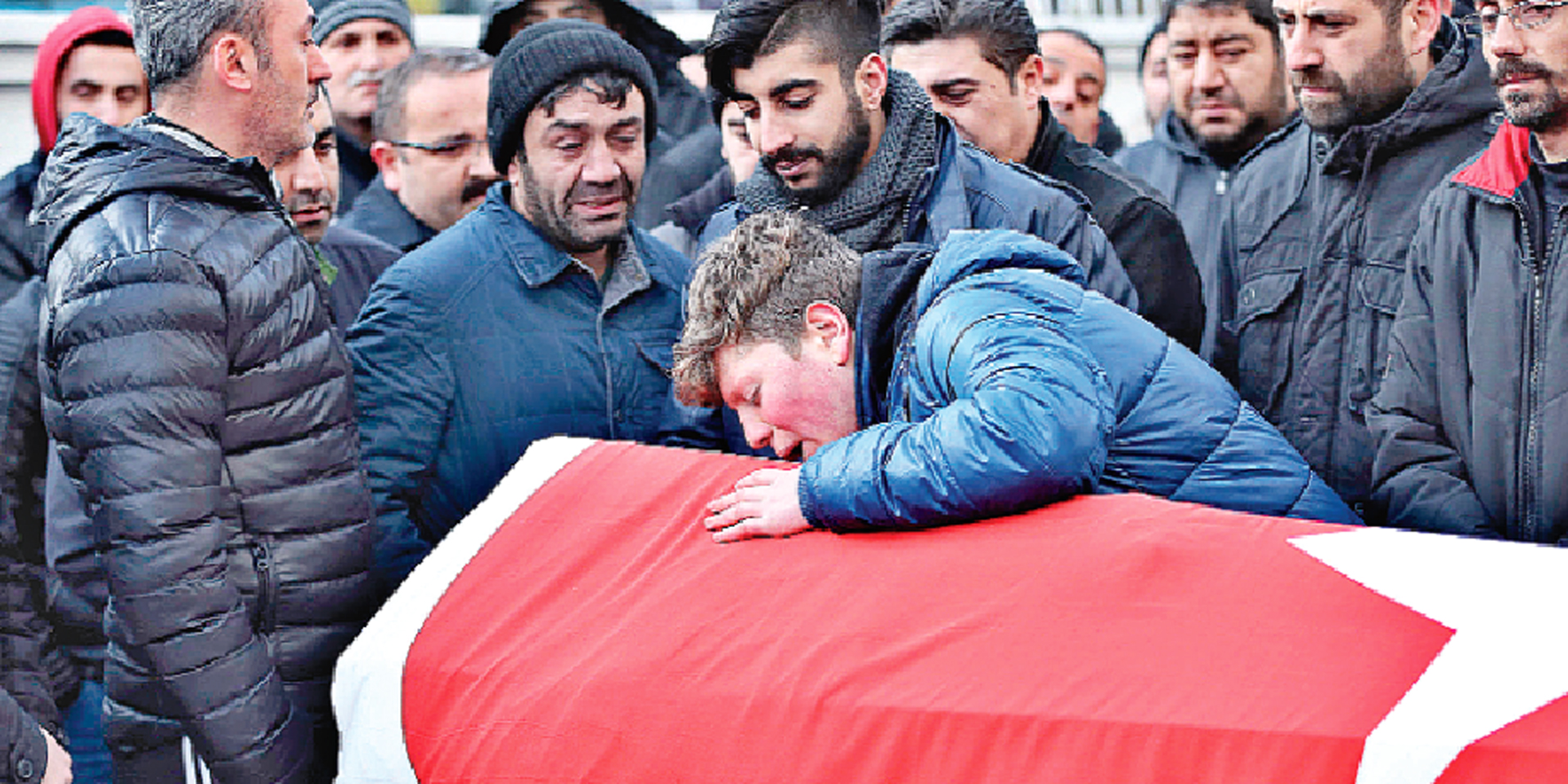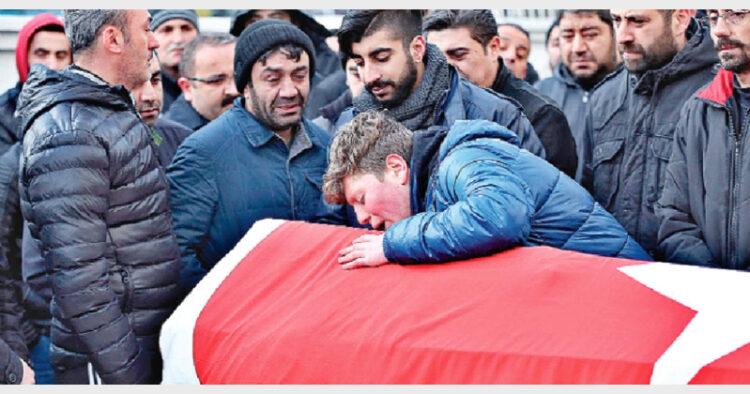 ISIS New Year Terror Attack on Turkey
ISIS New Year Terror Attack on Turkey
Prerna Lau Sian
As the start of the New Year was being celebrated around the world, Istanbul was sadly hit with a terrorist attack. At 1.15am, a lone gunman entered the popular Reina nightclub, opening fire and killing 39 people and wounding approximately 70 others. Over 500 people were thought to have been in the nightclub at the time and those murdered were from 14 different countries. In addition to Turkish nationals, the majority of those killed were from West Asian States including Iraq, Jordan, Lebanon, Morocco, Kuwait, Libya, Saudi Arabia and Tunisia. Film producer Abis Rizvi and fashion designer Khushi Shah from India were also killed in the attack. Victims also came from Belgium, Canada, France, Israel and Russia.
Isis claimed responsibility for the attack, where it stated, “In continuation of the blessed operations that Islamic State is conducting against the protector of the cross, Turkey, a heroic soldier of the caliphate struck one of the most famous nightclubs where the Christians celebrate their apostate holiday”. In retaliation, Turkey has bombed more than 100 Isis targets in Syria. Turkish authorities have stated that the gunman is from either Uzbekistan or Kyrgyzstan and in an attempt to capture him, they have launched raids in Istanbul and made 12 arrests.
The terrorist attack is sadly one of many which has plagued Turkey since the war began in Syria. Not only is Turkey a NATO member and part of the US-led collation fighting ISIS in Syria and Iraq, Turkey is also fighting a war against the Kurdistan Workers’ Party (PKK). This two-pronged war has resulted in more than 30 violent attacks taking place in Turkey last year alone. It is thought that the attack in Reina was carried out by the same Isis cell that caused the high-casualty suicide bomb and gun attack at Istanbul’s Ataturk Airport in June
last year.
In addition to atrocities committed by ISIS and PKK, Turkey faced a military coup in last July where uniformed soldiers blocked the Bosphorus Bridge in Istanbul in a failed attempt to overthrow the government. In December, the Russian Ambassador to Turkey was shot dead by a Turkish police officer who after firing said, “don’t forget Aleppo. Don’t forget Syria”. Both incidents illustrate that Turkey not only faces troubles externally, but its external interventions are causing internal angst and conflict.
Whilst Turkey’s strategic location in the West Asia has worked to the West’s advantage by having a strong military base in the region, Turkey’s 500-mile border with Syria also makes it easy for Isis fighters and weaponry to enter into the country. Not only has the war in Syria affected Turkey and other neighbouring countries, the repercussions of the West’s intervention in the region has also seen attacks carried out in the US, France, Germany and Belgium.
The recent spate of ISIS claimed or inspired attacks across the globe serve as a stark reminder of the huge importance of creating stability and peace in West Asia. The aggressive policy of regime change in Iraq, Libya and Syria has created a more violent unstable West Asia which is having huge repercussions for not only
countries bordering these states, but also the rest of the world.
(Prerna,a London based writer is a Barrister (NP), writer, broadcaster on Nusound Radio 92FM)













Comments